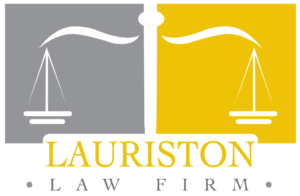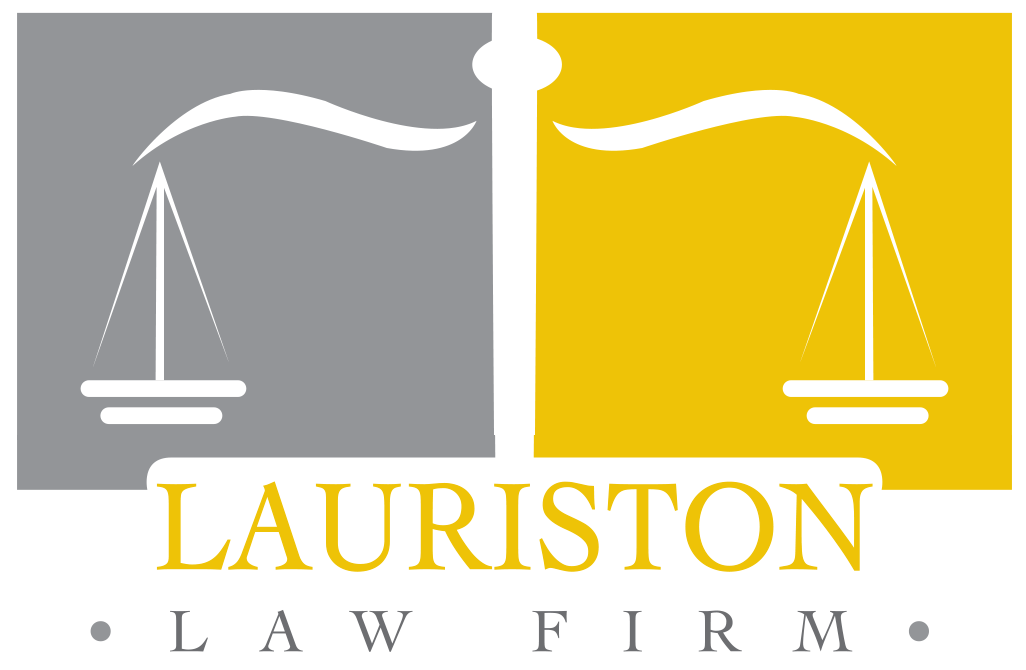Who Gets What and How Assets and Debt Are Divided in a Divorce
One of the more contentious issues in divorce cases is how assets and debt are divided in a divorce. The reality is that a divorcing couple can expend a good deal of time and emotional energy—not to mention money—arguing over who should get what when it comes to property and debts.
If you are contemplating a divorce, or have taken steps to begin marriage dissolution proceedings in Florida, it is important for you to have a fundamental understanding of how assets and debts are dealt with legally in the Sunshine State.
Property and Debt Division: A Matter of State Law
Each of the 50 states establishes their own set of laws governing divorce, including how the assets and debts accumulated during the course of a marriage are divided during marriage dissolution proceedings.
A minority of states have community property laws, where money earned, debts incurred and property purchased are owned and divided equally between each spouse. Yet the influence of television and films creates the misconception that this is the way all courts deal with the division of assets and debts when, in reality, only eight states follow this law.
The Equitable Division of Property Standard
Florida is not a community property state. If you seek a divorce here, the standard applied pursuant to the law is the equitable division of assets and debts. This law states that the assets and debts accumulated during the marriage are divided between the spouses in a manner that is fair and just according to their unique circumstances.
Decisions regarding the division of assets and debts are made on a case by case basis, with the court taking into consideration an array of determining factors, which can include the work history of each party and who will have primary custody of any children born during the marriage.
Negotiated Settlements Are Encouraged by Courts
Like most, Florida judges prefer that a divorcing couple make a serious effort to negotiate a reasonable division of assets and debts on their own. The court must approve any negotiated settlement to ensure that it is fair and just. The underlying belief is that divorcing parties are best served on many levels when they reach a divorce settlement agreement on their own. The reality, however, is that divorce attorneys are usually called in to assist clients create a fair and meaningful property (and debt) settlement agreement.
Financial Documentation
When a divorce case commences in a Florida Court, each spouse must prepare documentation that sets forth the assets and debts associated with the marriage. This information must be provided completely and in a true and correct manner. An attorney will be of great service in preparing this documentation, especially since failure to properly disclose assets and debts can have serious negative consequences, including sanctions imposed by the court.
Assets and Debts of the Marriage
As a general legal principle in Florida, only assets and debts accumulated or acquired by the spouses during the term and course of the marriage are subject to division during divorce proceedings. For example, if one spouse owned furniture before the marriage, those items would belong that individual and not be subject to the property division process.
Retaining Experienced Legal Assistance in Your Divorce
The best way to protect your rights and interests regarding property and debt issues in a divorce is to engage the services of an experienced divorce attorney. Call to schedule a consultation with an attorney from the Lauriston Law Firm to discuss your case in detail.


